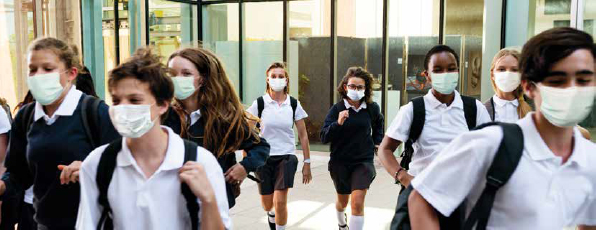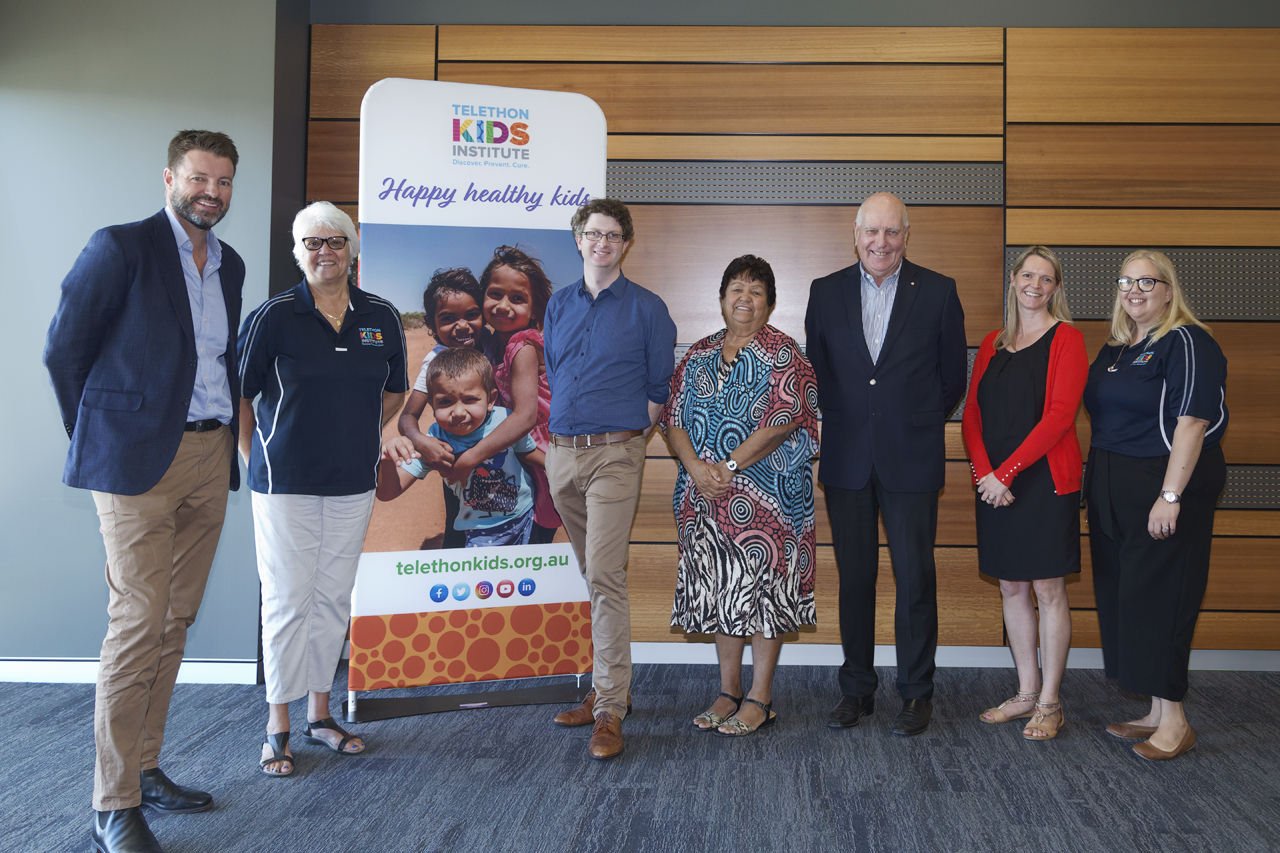Search

News & Events
How the pandemic has shaped the mental health of our kidsThe Kids Research Institute Australia researchers went into 79 WA primary and secondary schools in 2020.

News & Events
School routes swimming in junk food adsPerth children are being exposed to thousands of junk food ads every year on their way to and from school, a study led by The Kids Research Institute Australia has found.

News & Events
Consumer engagement jewel recognised for changing the conversation on health researchPioneering health consumer advocate Anne McKenzie AM has been awarded the National Health and Medical Research Council’s prestigious Consumer Engagement Award in recognition of an almost 30-year career.

News & Events
Youth mental health survey during COVID lockdown supports calls for “blended” servicesA state-wide survey conducted by The Kids Research Institute Australia researchers has found there are significant benefits to offering youth mental health treatment via telehealth services.

News & Events
Local business to support Aboriginal ear health programEvery year 650,000 Australian children suffer from recurrent or chronic middle ear infections called otitis media (OM).

News & Events
Helping WA kids through the state’s snap lockdownWA’s sudden lockdown has come as a shock to most of us. The Kids Research Institute Australia researcher and psychologist Dr Monique Robinson says parents should keep a close eye on their children who may be feeling anxious or disappointed as a result.

News & Events
Minderoo Foundation funds vaccine trial to protect WA healthcare workers from COVID-19At least 2,000 WA healthcare workers will help test whether an existing tuberculosis vaccine can reduce their chance of COVID-19 infection, lessen the severity of symptoms and boost immunity.

News & Events
Community advocate jumps on board with new COVID-19 advisory groupLike many of us, consumer and community advocate Catherine Hughes is worried about the impact of COVID-19. So she joined Australia’s first COVID-19 consumer reference group to be a voice for the community.

News & Events
Rapidly assembled advisory group to offer community take on COVID-19 researchThe speed with which research projects on the coronavirus have been put together has consumer advocates concerned that a vital voice will be missing – that of the community.

News & Events
Whooping cough vaccine could help in the fight against food allergiesA dose of the whooping cough vaccine might reduce cases of childhood food allergies according to latest research by the Wesfarmers Centre of Vaccines and Infectious Diseases based at The Kids Research Institute Australia.
